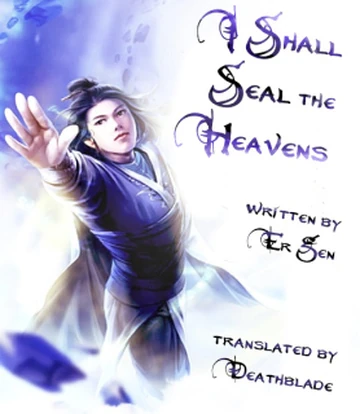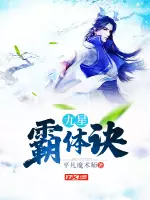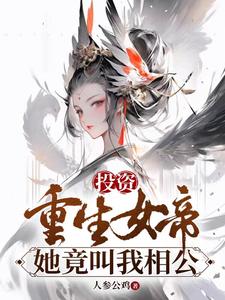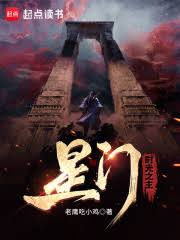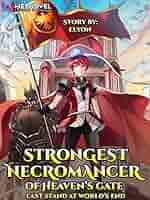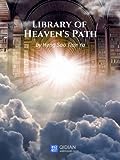The Story in 3 Sentences
A failed scholar named Meng Hao is abruptly kidnapped into the ruthless world of cultivation, where his sharp wit and a mysterious copper mirror become his only tools for survival and profit.
His journey rapidly escalates from sect struggles to cosmic warfare, forcing him to navigate ancient legacies, defile his own path to power, and challenge the very will of the heavens.
Driven by a deep love for those close to him and a shocking talent for manipulation, he ultimately embraces his destiny as the Ninth Generation Demon Sealer in a final, cataclysmic battle for existence itself .
Why It Stands Out
1. The Unconventional Protagonist Archetype
Meng Hao shatters the typical xianxia hero mold, embodying a brilliantly cunning and resourceful character whose most formidable skill is often his shameless opportunism and business acumen, turning every confrontation into a financial windfall and leaving a trail of exasperated, bankrupted enemies in his wake, which redefines the concept of power progression in the genre .
2. Philosophical Depth and Cosmic Scale
The novel masterfully intertwines explosive action with profound Taoist philosophy, exploring weighty concepts of Karma, Dao, and the very Essence of existence itself, making each power advancement a meaningful step in spiritual understanding rather than a simple numeric increase, all set within an infinitely layered multiverse of superimposed dimensions and timelines .
3. Emotional Resonance and Legacy
Er Gen constructs a universe where every side character and spirit beast possesses immense emotional weight and history, creating deeply impactful relationships that resonate across millennia, ensuring that moments of reunion, sacrifice, and loyalty feel earned and profoundly moving, which is a hallmark of the author’s storytelling prowess .
Characters That Leave a Mark
There’s Xu Qing – the enigmatic and coldly beautiful cultivator who first kidnaps Meng Hao into the world of cultivation, whose icy exterior slowly melts to reveal a deeply loyal and resilient woman who becomes his most steadfast companion and beloved .
You’ll meet Chu Yuyan, the proud and talented disciple of the Violet Fate Sect whose initial clashes with Meng Hao over alchemy and pride gradually transform into a complex and unrequited affection, adding a layer of poignant tragedy to her character .
And Ke Yunhai? He’s the compassionate and mighty patriarch of the Demon Immortal Sect who, within an ancient illusion, experiences a profound fatherly bond with Meng Hao, crafting a relationship so emotionally impactful that its memory echoes across real lifetimes and brings genuine heartache to readers .
The Flaws Fans Debate
The initial arc is notably slow-paced and focuses heavily on Meng Hao’s early weakness, requiring significant reader patience before the narrative unveils its true epic scale and the protagonist’s unique personality fully emerges, which has caused many to drop the novel prematurely .
Certain middle sections, particularly within the vast Western Desert and Black Lands, feature repetitive structural patterns of entering new areas, facing arrogant young masters, and overcoming them through cunning and force, which some critics argue creates a sense of narrative stagnation and padding .
The romance subplot, particularly involving secondary love interests, is frequently criticized for feeling underdeveloped and sometimes frustrating, with the main relationship suffering from extended periods of separation that diminish its ongoing impact for some readers .
Must-Experience Arcs
Ch. 1–150: The Reliance Sect Foundation – This foundational arc establishes Meng Hao’s character, introducing his cunning nature, his acquisition of the copper mirror, and his first forays into cultivation politics, setting the tone for his entire journey .
Ch. 600–800: The Violet Fate Alchemy Ascension – Meng Hao’s infiltration and mastery of the Violet Fate Sect’s alchemy techniques transforms him into the legendary Grandmaster Pill Cauldron, showcasing his intellectual brilliance and providing him with crucial resources for future conflicts .
Ch. 1000–1200: The Demon Immortal Illusion – An emotionally devastating arc where Meng Hao experiences decades within an ancient illusion, forming a profound father-son bond with Ke Yunhai that transcends time and reality, delivering one of the novel’s most powerful emotional punches .
Killer Quotes
“Yan’er, look at the clouds, the mountains, the sky, and the land. Remember this image. However grand your vision is, that is how grand your future can be. It is also how grand… your heart can be. We cultivators cultivate, not the body, but the heart!”
“If you possess a single virtue, it should be that you know yourself. If you possess a single vice, it is that you forget your position.”
“I do not care about the approval of the world. I only care to live without regrets.”
Cultural Impact
The phrase “You owe me money” became an instant classic meme within the community, perfectly encapsulating Meng Hao’s character and sparking countless jokes and references across novel discussion forums and social media platforms .
The novel is consistently ranked in the top three of nearly every all-time great xianxia list, often cited as the gold standard for the genre due to its perfect blend of epic scope, humor, and philosophical depth, influencing countless works that followed .
Its completion sparked a massive wave of fan-created content, from extensive character tributes and power-scaling discussions to fan art depicting key scenes like the Mountain and Sea Realm transformation, cementing its legendary status within the community .
Final Verdict
Start Here If You Want:
A cultivation story that brilliantly balances epic, world-shaking drama with genuine laugh-out-loud moments of comedy and shameless scheming, creating a unique tonal blend that remains engaging across thousands of pages.
A protagonist whose growth is not just in power but in wisdom and character, taking him from a clever rogue to a figure of immense responsibility and cosmic significance through deeply personal and philosophical development.
A cultivation system that feels deeply inventive and philosophical, going beyond simple levels to explore the true meaning of understanding the Dao and the universe through concepts like Essence and Karma.
Study If You Love:
Intricate and well-foreshadowed plots where seemingly minor details from hundreds of chapters earlier resurface with major consequences, rewarding attentive reading and creating a deeply interconnected narrative tapestry.
A vast and immersive world-building that introduces unique realms, ancient histories, and a massive cast of memorable characters, both allies and villains, who all have their own agendas and developmental arcs.
Stories that explore heavy themes of fate, sacrifice, and legacy without losing their sense of adventure and wonder, making the emotional payoffs incredibly potent and philosophically resonant.
Avoid If You Prefer:
Stories with a straightforward, always-heroic protagonist; Meng Hao’s morally grey and opportunistic methods are a central and defining trait that some might find frustrating or off-putting.
Fast-paced action from the very first chapter; the novel takes its time to establish its setting and characters, believing in a slow burn that builds into an inferno over hundreds of chapters.
Simple power progression systems; the cultivation here is complex and deeply tied to philosophical enlightenment, which can be dense and require more contemplation from the reader than typical action-focused xianxia.
